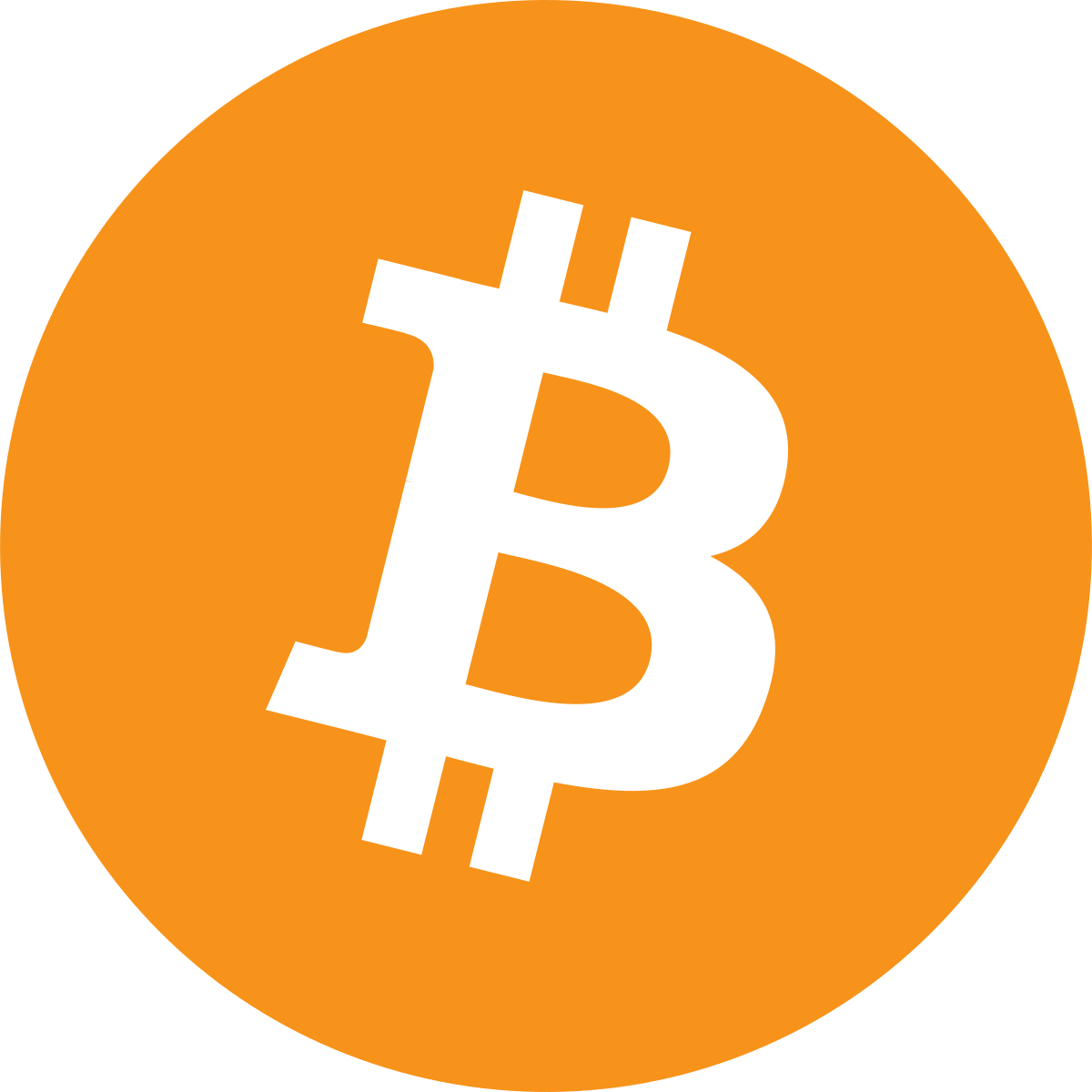
SamuelGabrielSG
14d
UK is copying people's phones.

SamuelGabrielSG
14d
I sometimes think social media companies put out studies that basically say social media is not affecting mental health outcomes because, if they published studies proving that it is, they would be admitting that cognitive warfare is real and is being conducted via social media.
Welcome to SamuelGabrielSG spacestr profile!
About Me
Explorer of Cyberspace Writing: samuelgabrielsg.substack.com Art: samuelgabrielsg.redbubble.com Podcast: open.spotify.com/show/2xiLBXYetJ8rOK5I10kRPb
Interests
- No interests listed.
Videos
Music
My store is coming soon!















